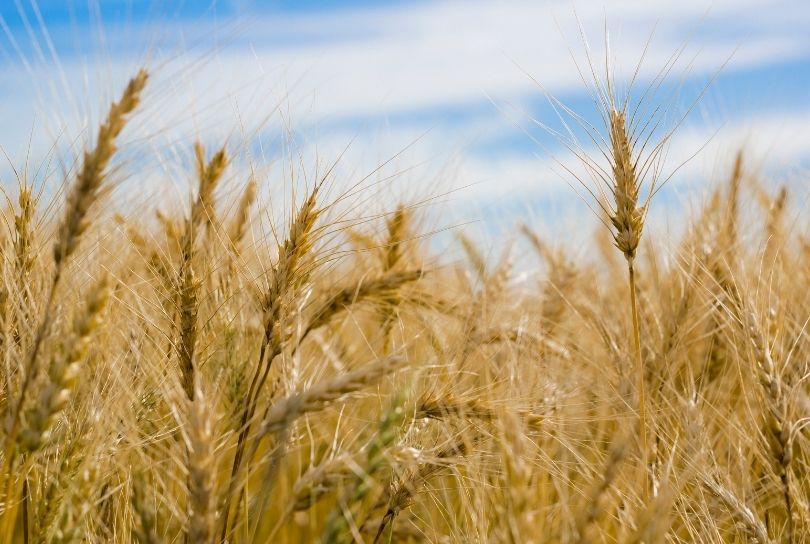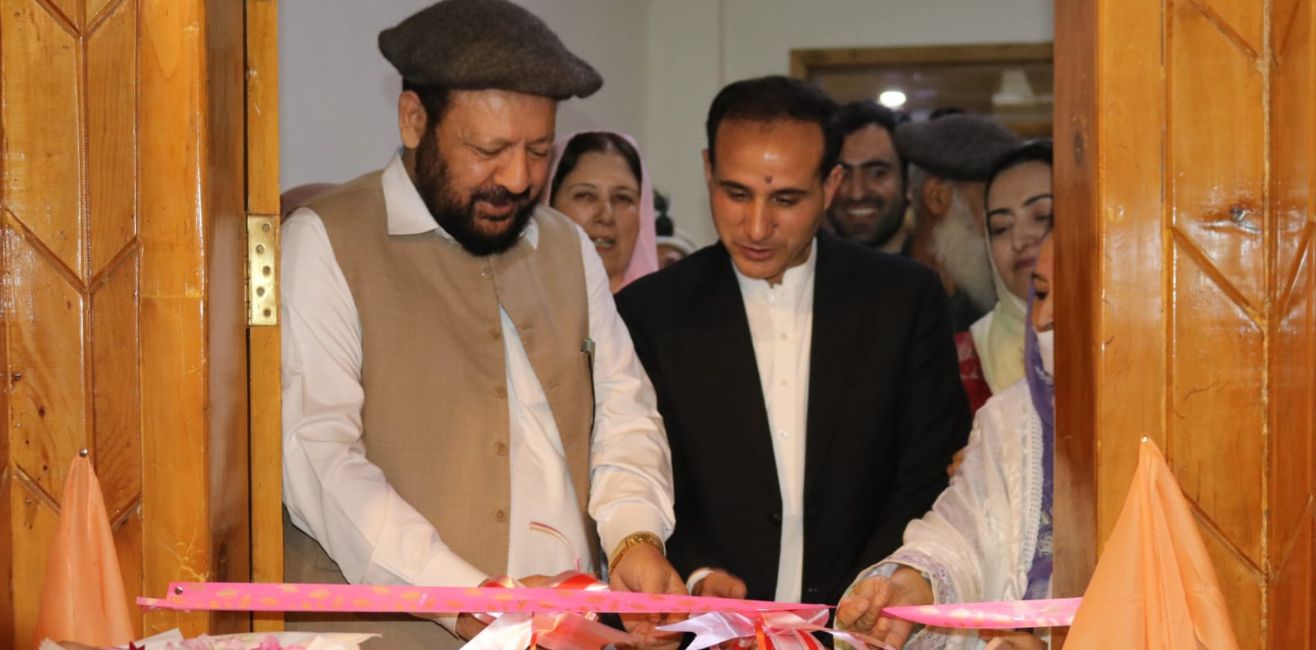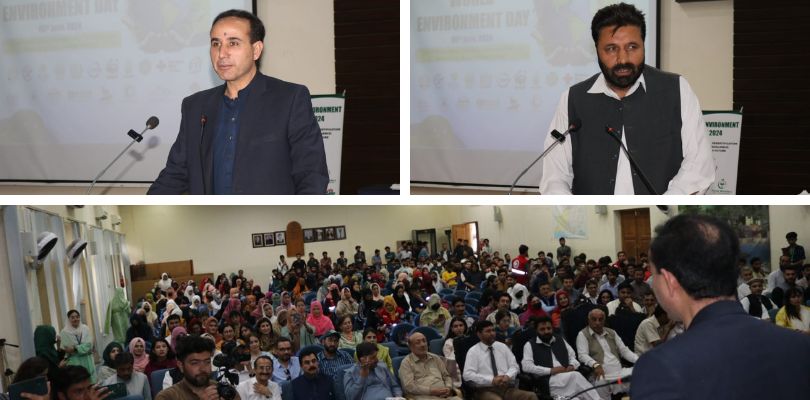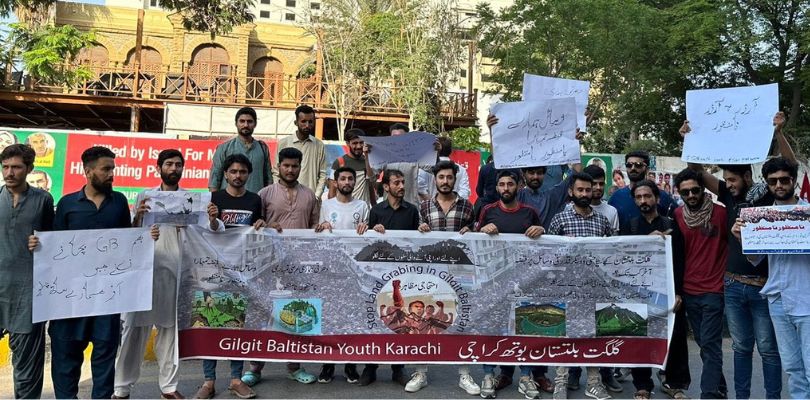The incumbent coalition government in Islamabad has introduced a 50% cut in the subsidized wheat provided to Gilgit-Baltistan (GB).
Ibex Times contacted Akbar Shah, a senior journalist in Gilgit, associated with local and national newspapers, to know about the issue of wheat subsidy given to GB by the federal government.
According to Shah, Chief Minister, GB, Khallid Khursheed too had hinted at a cut in the subsidized wheat given to GB during a session of Gilgit-Baltistan Legislative Assembly (GBLA). This suggested the former government of Pakistan Tehreek Insaf (PTI) in Islamabad was also about to reduce the quota.
Shah pointed out that the federation has been providing 1.5 million sacks (Bori) as per the population statistics of the 1998 census. According to the current population statistics, the current allocation of wheat for GB should be 2.8 million sacks.
The wheat subsidy was sanctioned for GB along with 22 other items after the conclusion of the Simla Agreement between Pakistan and India in 1972. However, a subsidy was provided only for wheat. There has been no implementation on the provision of the other 22 items listed for supply on a subsidized rate.
According to Shah, successive governments in Islamabad attempted several times to introduce a cut in the wheat subsidy. However, they could not implement it owing to the stiff resistance shown by the people of Gilgit-Baltistan. Protests and sit-ins were staged against subsidy cuts in the provision of wheat subsidy.
Shah suggests an alternative arrangement to the provision of subsidized wheat. According to him, concrete steps should be taken for wheat production locally before the introduction of a cut in the subsidy. Local production of wheat is less than 10% of its total demand in GB. In such a case, any sort of cut in the subsidized wheat is an injustice to the people of Gilgit-Baltistan.
The subsidized wheat provided to GB is often rotten supplied from years-old stock. Its usually exposed to chemical spray potentially causing a threat to the health of the local populace. There is a number of diseases in GB attributed to the consumption of the substandard subsidized wheat.
Shah further says GB has huge acres of barren land that can easily be brought irrigation to increase crop production through a number of agricultural initiatives envisioned and executed by the local representatives, communities, and administration. Only then the region will come out of its dependence on Punjab thereby becoming self-sufficient in food.














